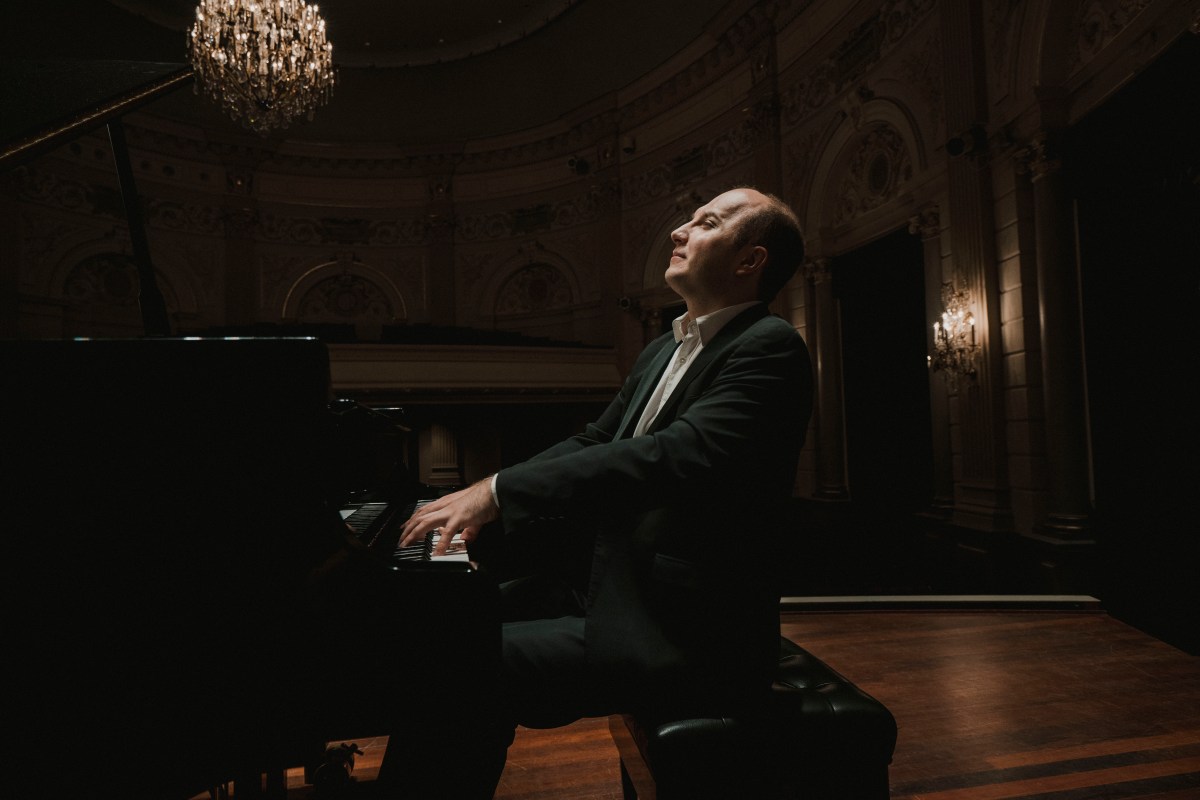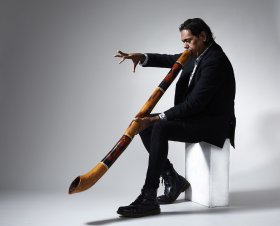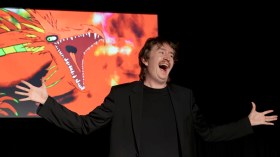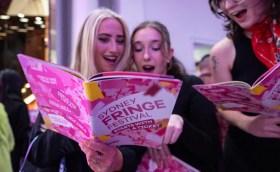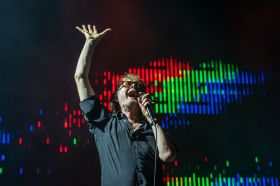Concert pianist: quicks links
Internationally acclaimed concert pianist Alexander Gavrylyuk is celebrated for his performances, with The Times hailing his BBC Proms performance of Rachmaninov’s Piano Concerto No.3 as ‘revelatory.’ Artist-in-Residence at Wigmore Hall in 2023/24, he has appeared with leading orchestras including the Chicago Symphony, San Francisco Symphony, Sydney Symphony, and São Paulo Symphony.
Highlights of the 2024/25 season included concerto debuts with the Hamburger Symphoniker, Orchestre Philharmonique Royal de Liège, Australian Chamber Orchestra, and Taiwan National Symphony, alongside returns to the Rotterdam Philharmonic, Melbourne Symphony, and New Zealand Symphony. Gavrylyuk also made his solo recital debut at Philharmonie Luxembourg, returned to the Concertgebouw’s Master Pianists Series, and is touring Australia and the UK.
Born in Ukraine and now an Australian citizen, Gavrylyuk began piano at seven, won top prizes at the Horowitz, Hamamatsu, and Rubinstein competitions, and has since performed at major venues worldwide, from Vienna’s Musikverein and Zurich’s Tonhalle to Suntory Hall and the Hollywood Bowl. He collaborates with leading conductors including Edward Gardner, Rafael Payare, and Gustavo Gimeno, and is currently Artist-in-Residence at the Chautauqua Institution.
He speaks to ArtsHub about his long and illustrious career as a concert pianist.
Can you tell us about your musical history?
Gavrylyuk: I was not born into a dynasty of musicians, although music was like oxygen in the house – always present and vital. Very early on I sensed that sound could express feelings my words never could, and that became my way of finding truth.
The piano was both an escape from reality and paradoxically the most direct confrontation with it. It was only later, once already performing on bigger international stages when my approach to music-making became more selfless. At some stage there was a transformational period for me when music itself became the leading force that resulted in a much purer perception of it.
What’s the best/worst thing about performing concertos around the world?
Gavrylyuk: The best part is standing in that mysterious space where sound becomes larger than yourself. When you play a concerto, you are not only in dialogue with a hundred musicians but also with centuries of human longing, struggle, and beauty, resulting in unique unity of some hundred individual voices of the orchestra becoming one voice, one vessel together with the soloist.
The ‘worst’ part – the fatigue, the constant travel – belongs to the human body. But the moment music begins, the body dissolves. All of that weight disappears in a single phrase.
What advice would you give to a novice pianist who wants to tread the same path?
Gavrylyuk: First, ask yourself whether you can live without it. If the answer is yes, then perhaps it’s not your path. If the answer is no, then accept that this life is not about applause, but about a lifetime of surrender – to discipline, to solitude, and to a love so demanding it will break you open and then rebuild you. Don’t chase careers; chase truth in sound. That truth in time will create its own path.
What’s the most common misconception about what you do?
Gavrylyuk: People often imagine this life as glamorous, but music is not about glamour – it’s about confrontation with silence. The real work is invisible: hours where you sit with a single phrase until it reveals something beyond notes. What looks effortless on stage is built from a thousand invisible struggles, both musical and human.
Achieving unity with audiences around the world where music erases and disregards our immediate differences and penetrates deeper into our inner worlds where we share the same energies is the ultimate goal.
Read: CEO Queensland Symphony Orchestra (QSO) – so you want my arts job?
How do you navigate collaborations with other artists?
Gavrylyuk: I believe that true collaboration begins with humility. When two musicians meet, it’s not a negotiation of egos but a search for a shared space where the music itself can speak more clearly. I try to listen not only to the other musician, but also to the silence between us – that’s where the real conversation always is.
The most beautiful collaborations are the ones where you no longer feel who is leading or following. You just find yourself suspended in something greater than both of you.

